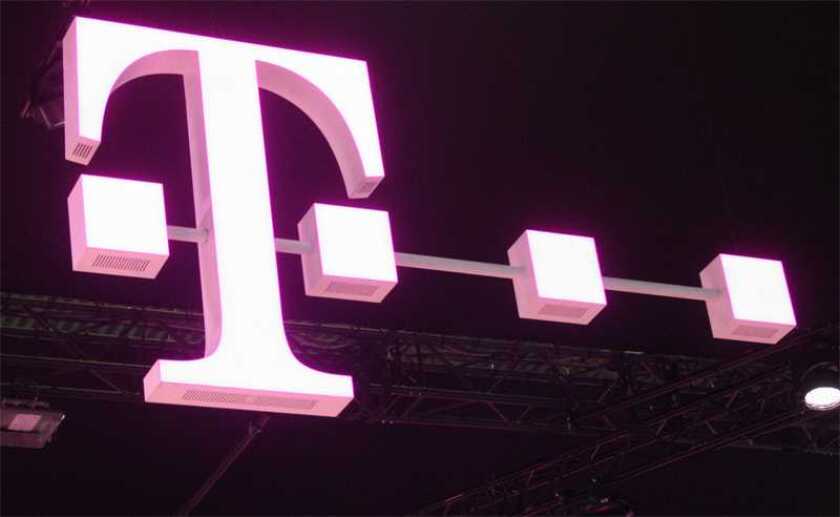A official from Detecon, which is run as part of T-Systems, confirmed the decision to the Reuters news agency.
The unnamed official said: “Until the decision to stop operations was made, sales in Iran in 2018 amounted to around €300,000. Given the sensitivity in relations with Iran worldwide, Detecon ended its business in Iran with immediate effect in mid-May 2018.”
The US has re-imposed sanctions on Iran after a brief period in which relations had eased. No US company is allowed to do business in Iran – a fact that has been crucial in Deutsche Telekom’s decision.
Deutsche Telekom is the majority shareholder in T-Mobile US, which is a listed US company. It will also be the controlling shareholder in the proposed $26 billion merger with Sprint, as SoftBank, Sprint’s biggest shareholder, will assign its shares to Deutsche Telekom’s control.
The proposed merger will create a US mobile operator of similar scale to market leaders Verizon and AT&T – but regulators still have to approve the deal, and Deutsche Telekom’s Iranian business, tiny though it is, would not have gone down well with politicians on Capitol Hill.
Other telecoms companies will be re-examining their Iranian connections. Earlier this month Capacity reported that South African operator MTN has decided to delay a $750 million plan to invest in state-owned broadband company Iranian Net to build a fibre-to-the-home (FTTH) network.
MTN owns local mobile operator Irancell and several years ago had difficulty repatriating around $1 billion in profits until previous US sanctions were eased in 2015.
Two years again – before the US had reimposed sanctions – TIM’s wholesale carrier operation Sparkle signed a deal with Iran’s Telecommunication Infrastructure Company (TIC) to expand its global backbone.
Alessandro Talotta, then the chairman and CEO of Sparkle, said at a Capacity conference in 2016: “The reality is we’re going to launch a PoP in Tehran, but that’s just the first phase of the project,” he said. “The next stage only comes after successfully executing what has been agreed and gaining the partnering firm’s trust.”






